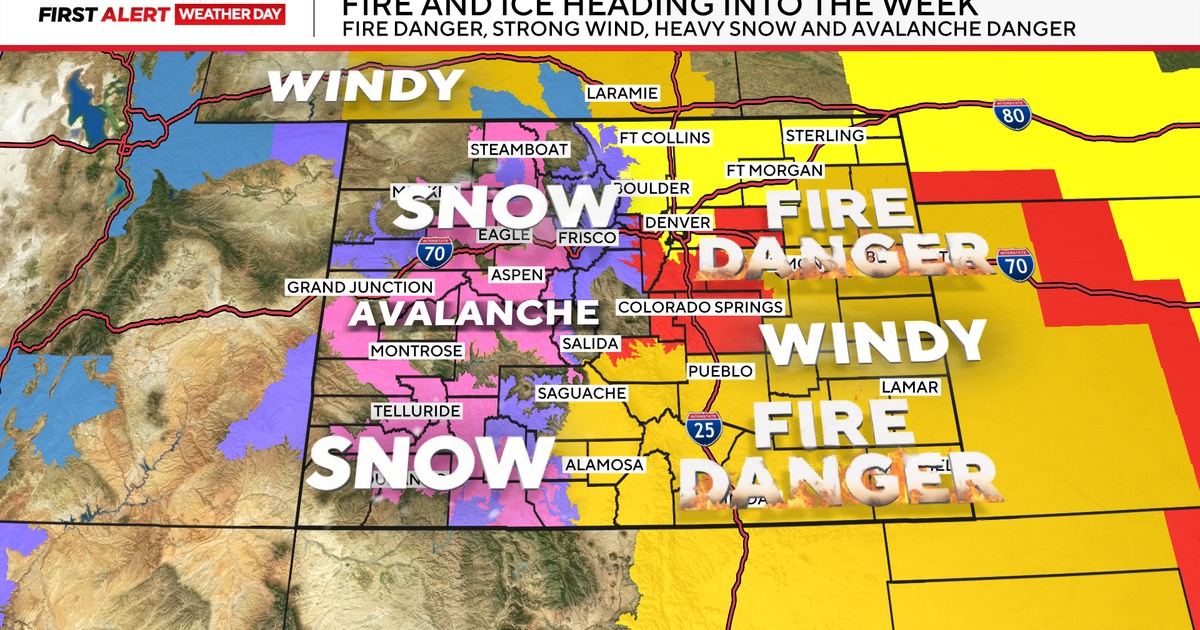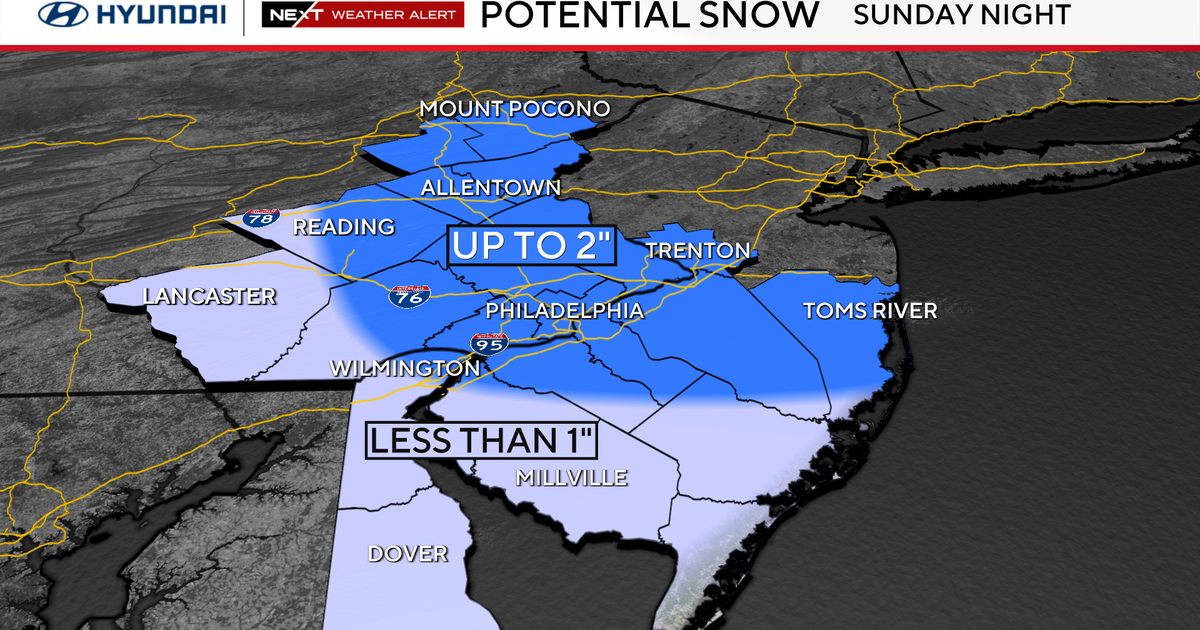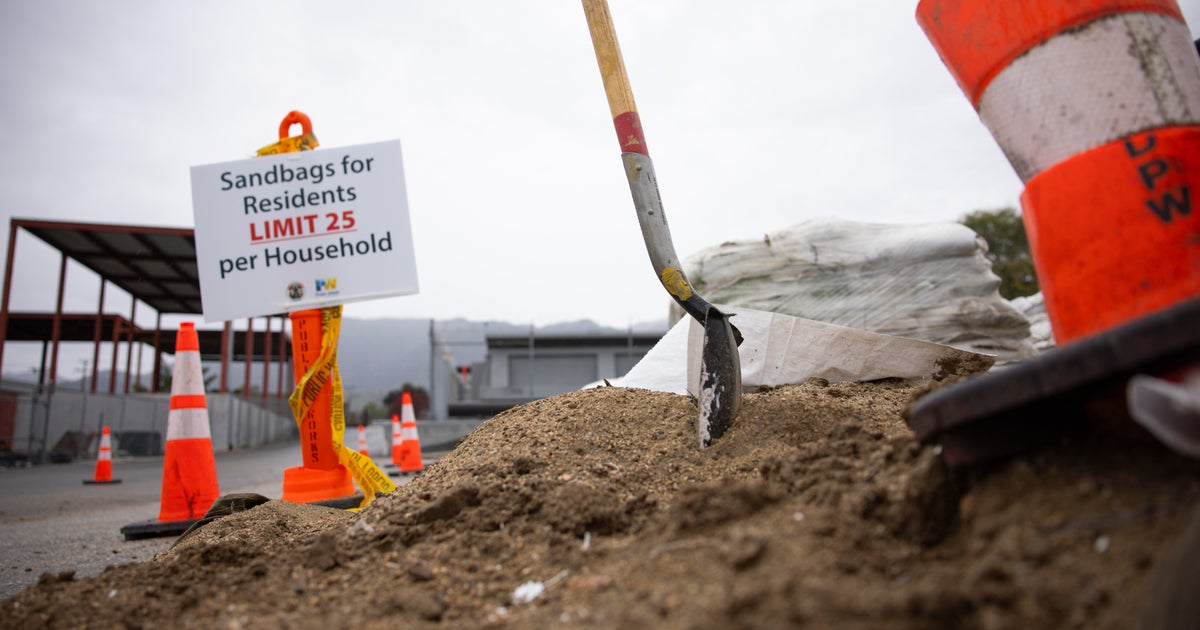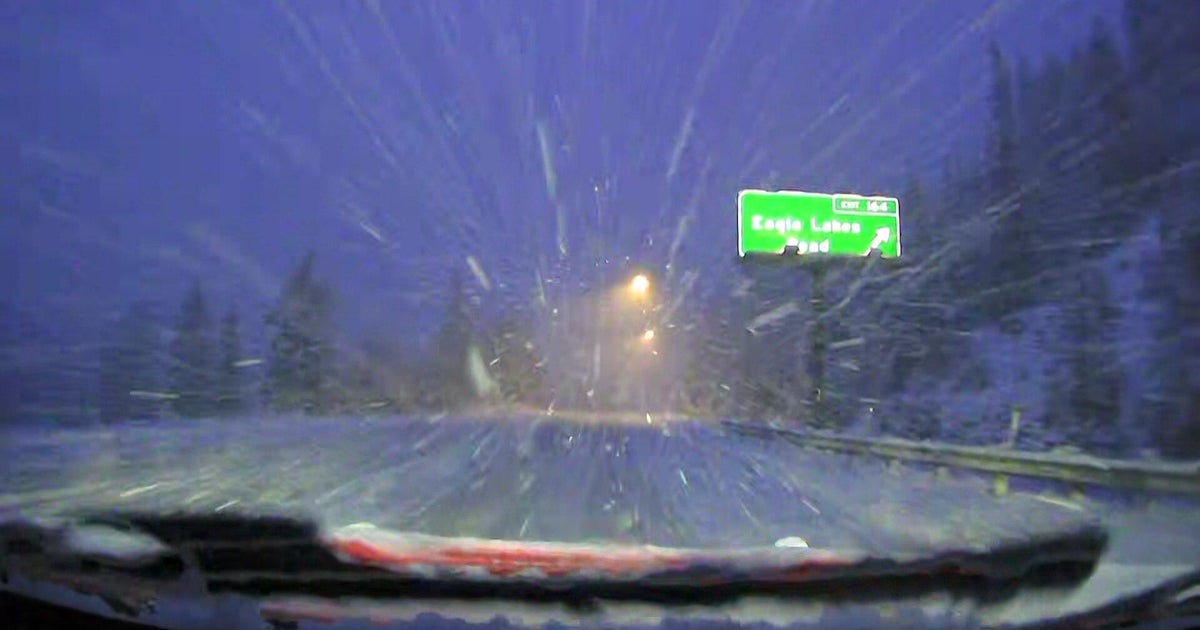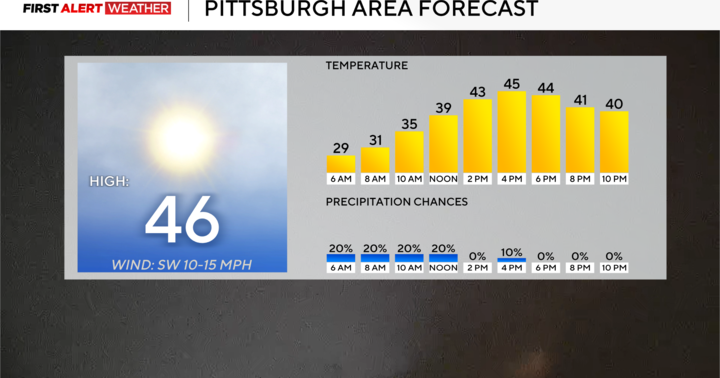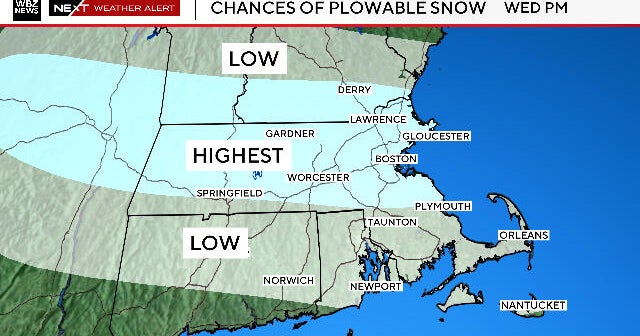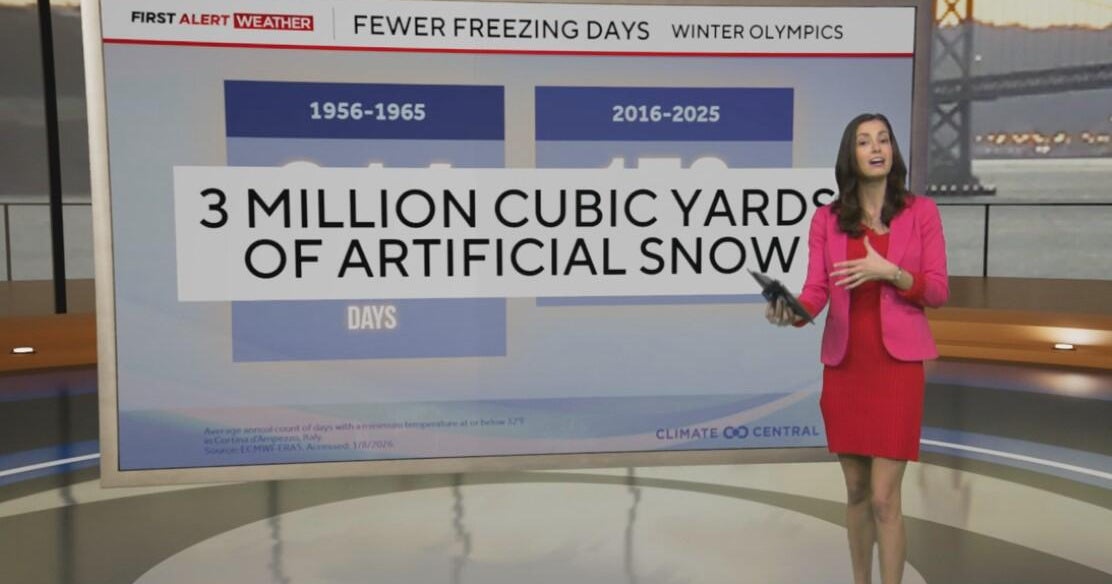America The Beautiful (And Freezing)
Much of the U.S. is currently facing bitterly cold temperatures from the Midwest to the South and all the way up to the Northeast.
In fact, many parts of the U.S. have already broken records for snowfall and below zero temperatures while other parts have seen unseasonably warm temperatures.
It all gives some credibility to the idea of “Global Weirding,” a new word for the anomalies like extreme winter storms and droughts caused by climate change.
Looking across the U.S., “Global Weirding” is definitely in full effect:
~
THE NORTHEAST
The most obvious case is in Boston, where this winter has left the city within a foot of reaching the snowiest winter in its history.
This winter alone has produced 95.7 inches of snow, 11.9 inches away from the 1995-96 record of 107.6 inches of snow. And with winter weather lasting for about another three to four weeks, breaking that record could become a very likely reality.
The Northeast also saw the second longest streak of subfreezing days ever recorded in its history with 15 consecutive days of temperatures below 32 degrees; 1961 has the longest running with 16 days.
However Northeast cities like Boston aren't bearing all of the brunt.
At 2 degrees, New York City faced its coldest day in this year’s winter season, prompting the Fire Department of New York to advise people to take caution in venturing outdoors.
Meanwhile, in Pittsburgh, new records are being broken almost weekly with temperatures dipping as low as -17 degrees.
THE MIDWEST
The Midwest hasn't fared that well this winter either.
In Detroit, February is getting very close to being among the top five coldest months on record.
“We’re running about almost 12 degrees below normal this month,” explains Accuweather Meteorologist Dave Bowers.
That makes this winter close to the coldest month in Detroit in 1977, which had an average temperature of just under 13 degrees.
The record-breaking one and half inches of snow didn't help matters.
Other states like Minnesota and Illinois are also facing large amounts of snowfall, causing flight cancellations and messy commutes for those willing to brave the cold.
THE SOUTH
At times, the South is known for overreacting to the cold and snow that many in the Northeast and Midwest have become accustomed to, however this winter has created a few understandably treacherous conditions for Southerners in places like Georgia and Alabama.
A winter storm this season left thousands without power and hundreds stranded on highways awaiting some form of assistance even though officials urged people to stay off the roads.
“People were trying to get wherever they could,” Athens Police Chief Floyd Johnson said. “A lot of people had run out of gas.”
While feet of snow did not hit the South, inches of the cold powder did accumulate a good number of inches in North and South Carolina, and while the cold is usually no laughing matter, a town in Kentucky jokingly issued an arrest warrant for Ice Queen Elsa from Disney’s “Frozen.” Apparently the police were fed up with all the snow.
THE WEST
Winter for the West hasn't been the typical winter that the majority of the U.S. sees, but that doesn't mean they aren't dealing with its own weather quirks from abnormally warmer temperatures to droughts.
While Denver faces one of the worst winters on record, the Northwest is seeing temperatures warm enough to make flowers bloom and keep people active outside.
At a little north of 60 degrees, states like Washington and Oregon are seeing sun-filled, dry days that could be a result of El Nino, a weather pattern that warms the waters of the Pacific Ocean.
In California, droughts have caused cutbacks in water use; even at restaurants.
Even tactics like draining lakes are being used to address the drought issues facing the West, drawing concern and questions from residents of the Sunshine State.
Needless to say, this winter has created some of the strangest weather in history of the U.S. Climate change may have a role to play in all of it, but for now, people are probably more concerned with just surviving the brutal weather attacks long enough to make it to spring.
Shawn Thomas writes Lifestyle & Entertainment content for CBS Local. Follow him on Twitter.
